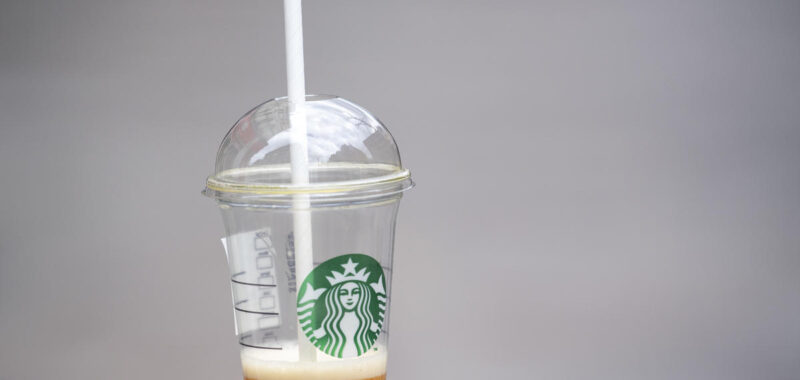Incoming Starbucks CEO Brian Niccol will be expected to report to the company’s Seattle headquarters three times a week, just like other employees.
But while other workers will commute by car or public transportation, Niccol will travel nearly 1,000 miles from his home in Newport Beach, California, to Starbuck’s Seattle offices, by corporate jet, according to his offer letter, which was made public in an SEC filing. Niccol replaces ousted CEO Laxman Narasimhan, as the coffee chain struggles to grow sales and regain consumers’ interest in the brand.
Starbucks told CBS MoneyWatch that Niccol’s schedule “will meet or exceed the hybrid work guidelines and workplace expectations we have for all partners.”
“While Brian will have an office in Southern California, his primary office and a majority of his time will be spent in our Seattle Support Center,” a Starbucks spokesperson said in a statement to CBS MoneyWatch. “When he is not traveling for work, he will be in our Seattle office at least three days a week, in alignment with our hybrid work policies. He will also have a home in Seattle.”
Five to 14 times more polluting per passenger than commercial flights, and 50 times more polluting than trains, private jet travel is one of the most polluting modes of transportation, according to a 2021 report from the European Federation for Transport and Environment. The emissions-heavy choice of transportation stands in stark contrast to the coffee giant’s 2020 pledge to reduce its carbon footprint in its direct operations and supply chain by half.
Niccol’s anticipated jet usage also doesn’t jibe with the company’s claim that it’s a leader in environmental sustainability, according to critics of the job perk.
Niccol officially begins his role on September 9, but the backlash around his planned commute to work has already begun, with users on social media mocking the company for insisting on using paper straws while allowing its CEO to travel by private jet.
“Is this corporate hypocrisy at its peak — Starbucks introducing paper straws and cups while pushing towards sustainability?” one critic of the plan wrote on social media platform X.
“Typical hypocrisy, rules for the little people but not for the kings in society,” another X user wrote.
Climate advocates also called out the controversial move by Starbucks.
“As the world faces unprecedented heat waves, droughts, floods, and other dire consequences of an accelerating climate crisis, it is unjustifiable for companies to offer company aircraft as employee perks,” Clara Thompson, a climate activist at Greenpeace, told The Washington Post Thursday. “These jets are a stark symbol of social and climate injustice, where a privileged few indulge in the most environmentally damaging form of travel for mere convenience.”
Will it work?
From a talent recruitment standpoint, Harvard Business School professor Raj Choudhury, who has long studied the benefits of remote work, said this is an example of how work-from-anywhere arrangements can allow companies to better recruit top talent.
“From a talent acquisition perspective, remote work is a great tool, and this is showing that again,” he told CBS MoneyWatch. “This is a great opportunity for Starbucks to create a remote C-Suite and percolate those policies down below.”
Columbia Business School accounting professor Shivaram Rajgopal, who studies CEO succession plans, told CBS MoneyWatch he’s less concerned about the environmental toll of Niccol’s commute than he is the company’s leader’s working from another state.
“I’m skeptical on whether or not this whole arrangement will even work,” he told CBS MoneyWatch. “I worry less about the emissions optics because I think they have bigger problems when it comes to things like paper cups. But from a managerial perspective, the leader has to be on-site and visible.”

